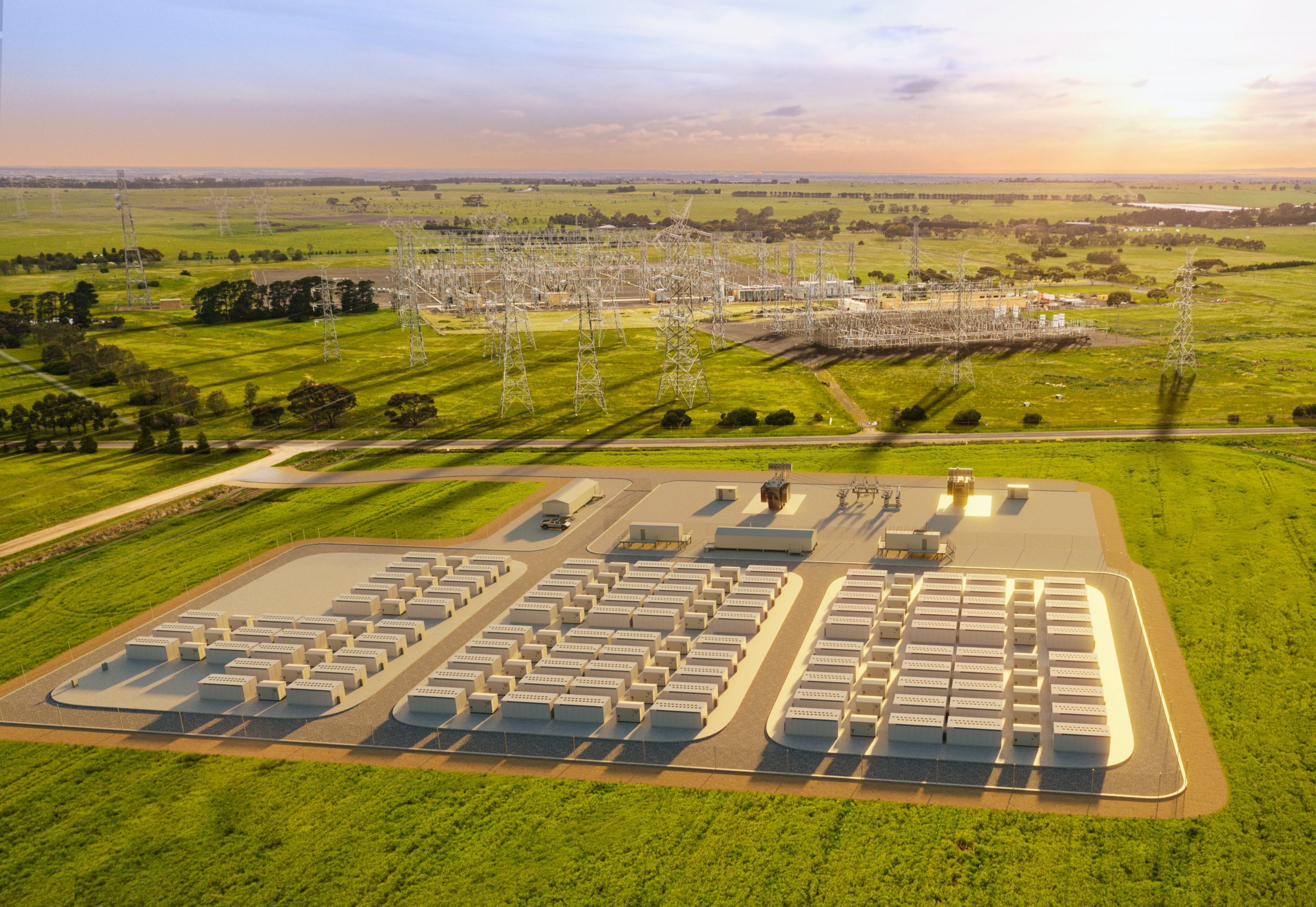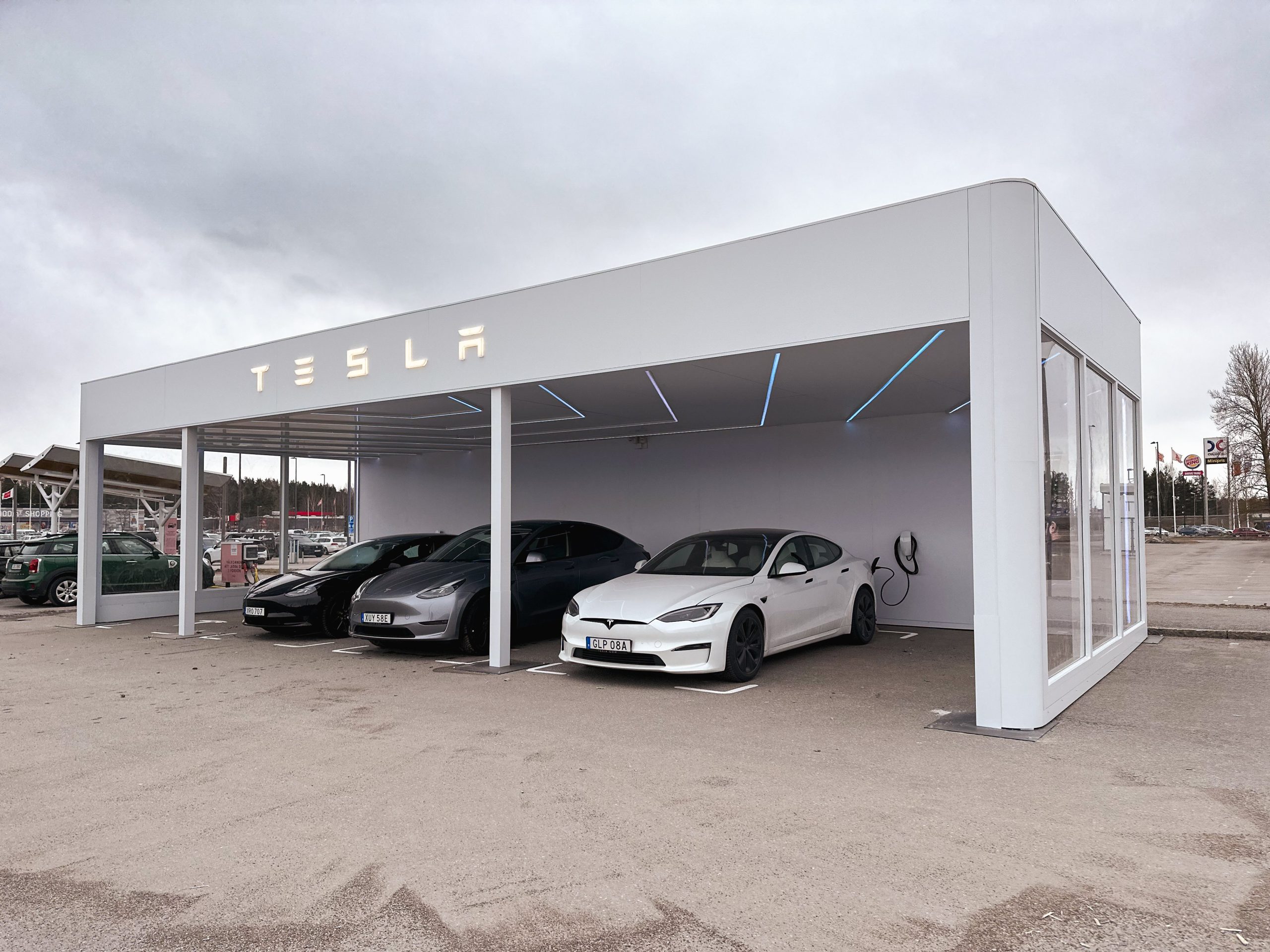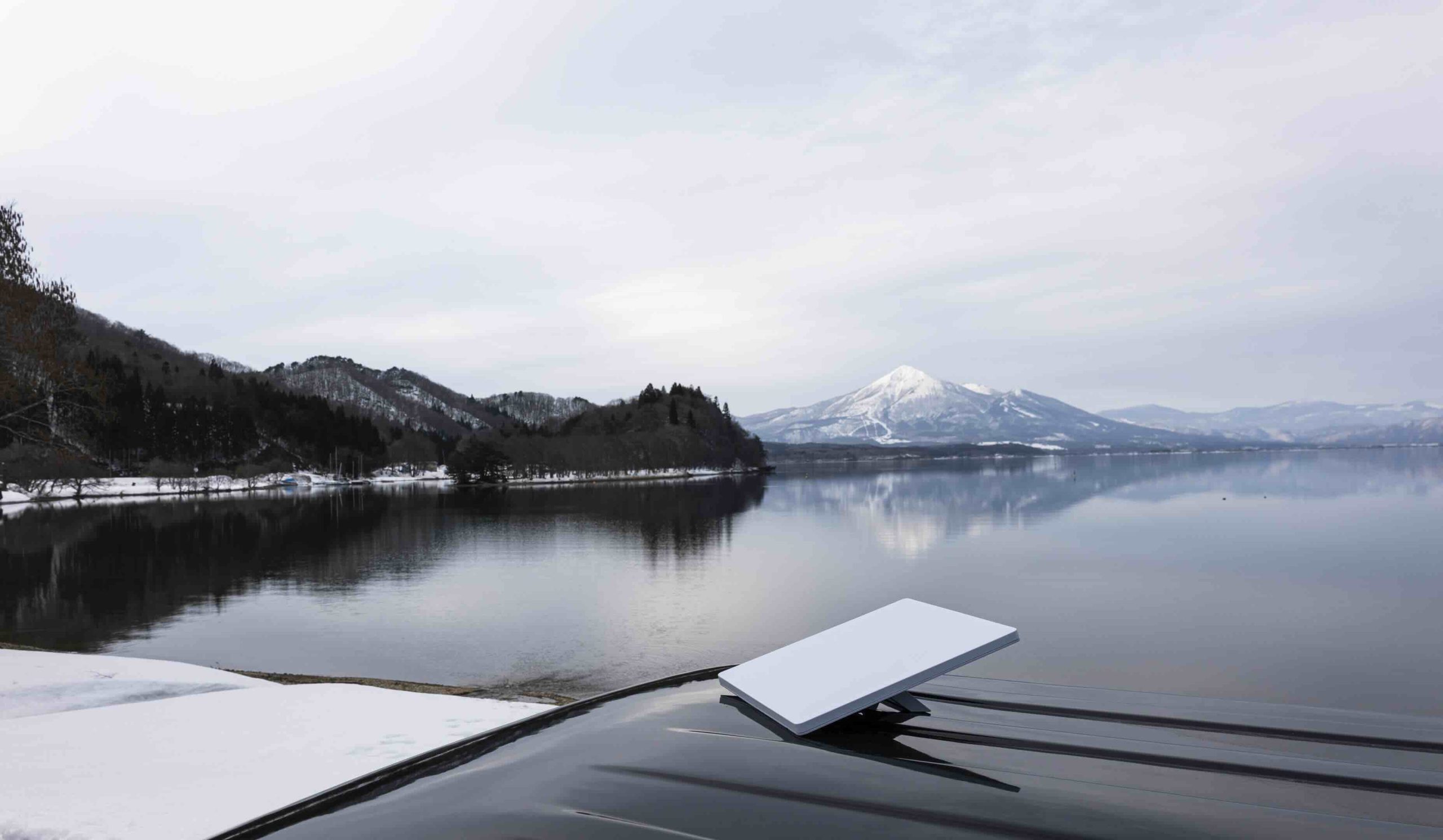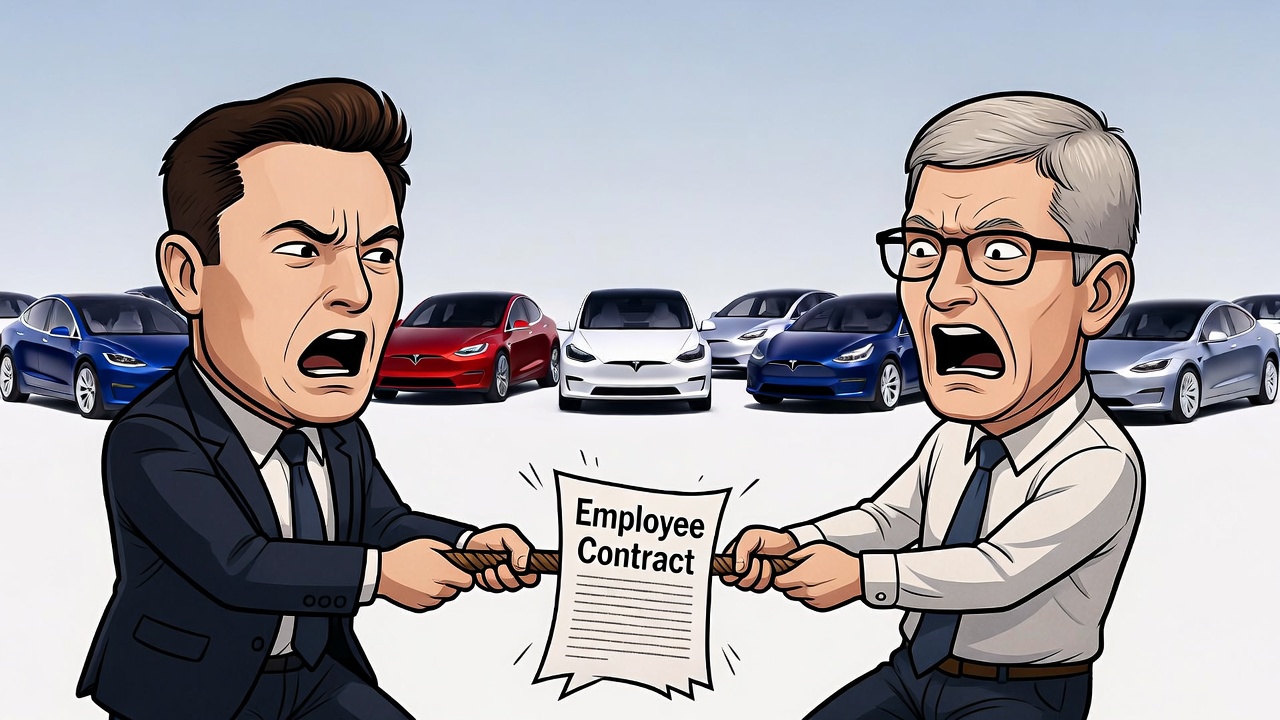

News
Ohio bill takes stand against renewables with ban on new large solar and wind projects
In what could only be described as a stand against the United States’ transition to sustainable energy, an Ohio bill has been introduced that is aimed at halting the development and buildout of large-scale solar and wind projects for up to three years. The bill, if passed, would likely put a roadblock in the way of companies like Tesla Energy, which are currently ramping their operations in the country.
As noted in an Energy News Network report, House Bill 786 aims to prevent regulators from certifying any new solar and wind facility capable of producing more than 50 MW of electricity. Even “economically significant” wind farms with a capacity of 5 MW or more would also be prevented by the bill. The ban on large-scale wind and solar projects would end after three years, or if further legislation from the General Assembly emerges.
HB 786’s primary sponsor, Rep. Todd Smith, R-Farmersville, cited complaints about “unregulated solar and wind farms” in the state. Smith also argued that the bill’s goal is “merely to press the Pause button” on the expansion of solar and wind facilities.
Interestingly enough, the official’s reference to a “Pause button” on sustainable solutions echoes language from 2014, when lawmakers froze further requirements under Ohio’s renewable energy and energy efficiency standards for two years. Subdued versions of the standards resumed in 2017, but even those were gutted by HB 6. Smith and HB 786 co-sponsors Dick Stein and Don Jones were involved in HB 6, which also happened to provide massive subsidies to two coal plants and two nuclear plants in the area.
HB 786 has met some pushback from renewable energy advocates. Rep. Casey Weinstein, D-Hudson, who opposes the bill, remarked that the bill is a “bury-our-heads-in-the-sand mentality that is just so, so locked in with the status quo, while the rest of the world and country are moving on.” Dan Sawmiller, director of Ohio energy policy for the Natural Resources Defense Council, noted that the “impetus for this legislation is completely without merit.” Neil Waggoner, Ohio campaign leader for the Sierra Club’s Beyond Coal program, stated that HB 786 is “not just bad policy” but a “terrible policy.”
Jane Harf, executive director of Green Energy Ohio, also expressed her opposition to the bill. “There has been considerable testimony to the benefits that have come to many rural communities in Ohio from the presence of large-scale projects that support local infrastructure, school systems, and businesses. This bill has no merit and once again puts Ohio on a clear path backward while neighboring states are embracing the future,” she said.
The International Brotherhood of Electrical Workers, whose members are involved in numerous energy construction projects, have also taken a stand against HB 786. IBEW Fourth District Representative Steve Crum shared the organization’s stance on the bill. “IBEW is emphatically opposed to this misguided legislation. The solar industry is bringing thousands upon thousands of jobs to Ohio and our members see this [as] a tremendous opportunity to get work in the more rural parts of our state, where many of them are living. Bad ideas like this need to be soundly rejected by our state leaders,” Crum said.

News
Tesla’s Sweden standoff draws UAW support as unions widen pressure campaign
In a post shared on social media, the United Auto Workers stated that it stands with IF Metall workers who are striking against Tesla Sweden.

The United Auto Workers (UAW) has publicly expressed solidarity with Swedish union IF Metall as its strike against Tesla continues, adding international attention to the extended labor dispute in the European country.
UAW supports IF Metall’s strike
In a post shared on social media, the United Auto Workers stated that it stands with IF Metall workers who are striking against Tesla Sweden. UAW Region 8 Director Tim Smith stated that the union fully supports IF Metall’s efforts to secure a collective bargaining agreement with the automaker.
“UAW stands with IF Metall workers on strike against Tesla, fighting for a collective bargaining agreement. UAW Region 8 Director Tim Smith pledged the UAW’s full support and solidarity,” the UAW International Union stated in its post.
IF Metall launched its strike against Tesla Sweden in late 2023 over the electric car maker’s refusal to sign a collective agreement. The action has since been supported by other unions through sympathy strikes affecting ports, logistics, and service operations.
Tesla Sweden has maintained that it complies with Swedish labor laws and offers competitive pay and benefits, though the company has not publicly commented on the UAW’s latest show of support.
Tesla owners get union attention
Pro-union groups in Sweden have recently expanded their outreach beyond Tesla’s facilities and workforce. Activists have begun distributing informational leaflets against the EV maker directly on Tesla vehicles parked across Stockholm, as per a report from Swedish outlet Dagens Arbete.
The yellow slips, designed to resemble parking notices, urge regular Tesla owners to pressure the company into signing a collective agreement. Organizers involved in the effort have argued that the leaflets are intended to simply inform consumers rather than single out individual owners. When owners are present, however, activists stated that they explain the dispute verbally.
Tesla has not issued a public response regarding the leaflet distribution campaign as of writing.
News
Starlink goes mainstream with first-ever SpaceX Super Bowl advertisement
SpaceX used the Super Bowl broadcast to promote Starlink, pitching the service as fast, affordable broadband available across much of the world.

SpaceX aired its first-ever Super Bowl commercial on Sunday, marking a rare move into mass-market advertising as it seeks to broaden adoption of its Starlink satellite internet service.
Starlink Super Bowl advertisement
SpaceX used the Super Bowl broadcast to promote Starlink, pitching the service as fast, affordable broadband available across much of the world.
The advertisement highlighted Starlink’s global coverage and emphasized simplified customer onboarding, stating that users can sign up for service in minutes through the company’s website or by phone in the United States.
The campaign comes as SpaceX accelerates Starlink’s commercial expansion. The satellite internet service grew its global user base in 2025 to over 9 million subscribers and entered several dozen additional markets, as per company statements.
Starlink growth and momentum
Starlink has seen notable success in numerous regions across the globe. Brazil, in particular, has become one of Starlink’s largest growth regions, recently surpassing one million users, as per Ookla data. The company has also expanded beyond residential broadband into aviation connectivity and its emerging direct-to-cellular service.
Starlink has recently offered aggressive promotions in select regions, including discounted or free hardware, waived installation fees, and reduced monthly pricing. Some regions even include free Starlink Mini for select subscribers. In parallel, SpaceX has introduced AI-driven tools to streamline customer sign-ups and service selection.
The Super Bowl appearance hints at a notable shift for Starlink, which previously relied largely on organic growth and enterprise contracts. The ad suggests SpaceX is positioning Starlink as a mainstream alternative to traditional broadband providers.
Elon Musk
Tesla engineers deflected calls from this tech giant’s now-defunct EV project

Tesla engineers deflected calls from Apple on a daily basis while the tech giant was developing its now-defunct electric vehicle program, which was known as “Project Titan.”
Back in 2022 and 2023, Apple was developing an EV in a top-secret internal fashion, hoping to launch it by 2028 with a fully autonomous driving suite.
However, Apple bailed on the project in early 2024, as Project Titan abandoned the project in an email to over 2,000 employees. The company had backtracked its expectations for the vehicle on several occasions, initially hoping to launch it with no human driving controls and only with an autonomous driving suite.
Apple canceling its EV has drawn a wide array of reactions across tech
It then planned for a 2028 launch with “limited autonomous driving.” But it seemed to be a bit of a concession at that point; Apple was not prepared to take on industry giants like Tesla.
Wedbush’s Dan Ives noted in a communication to investors that, “The writing was on the wall for Apple with a much different EV landscape forming that would have made this an uphill battle. Most of these Project Titan engineers are now all focused on AI at Apple, which is the right move.”
Apple did all it could to develop a competitive EV that would attract car buyers, including attempting to poach top talent from Tesla.
In a new podcast interview with Tesla CEO Elon Musk, it was revealed that Apple had been calling Tesla engineers nonstop during its development of the now-defunct project. Musk said the engineers “just unplugged their phones.”
Musk said in full:
“They were carpet bombing Tesla with recruiting calls. Engineers just unplugged their phones. Their opening offer without any interview would be double the compensation at Tesla.”
Interestingly, Apple had acquired some ex-Tesla employees for its project, like Senior Director of Engineering Dr. Michael Schwekutsch, who eventually left for Archer Aviation.
Tesla took no legal action against Apple for attempting to poach its employees, as it has with other companies. It came after EV rival Rivian in mid-2020, after stating an “alarming pattern” of poaching employees was noticed.








